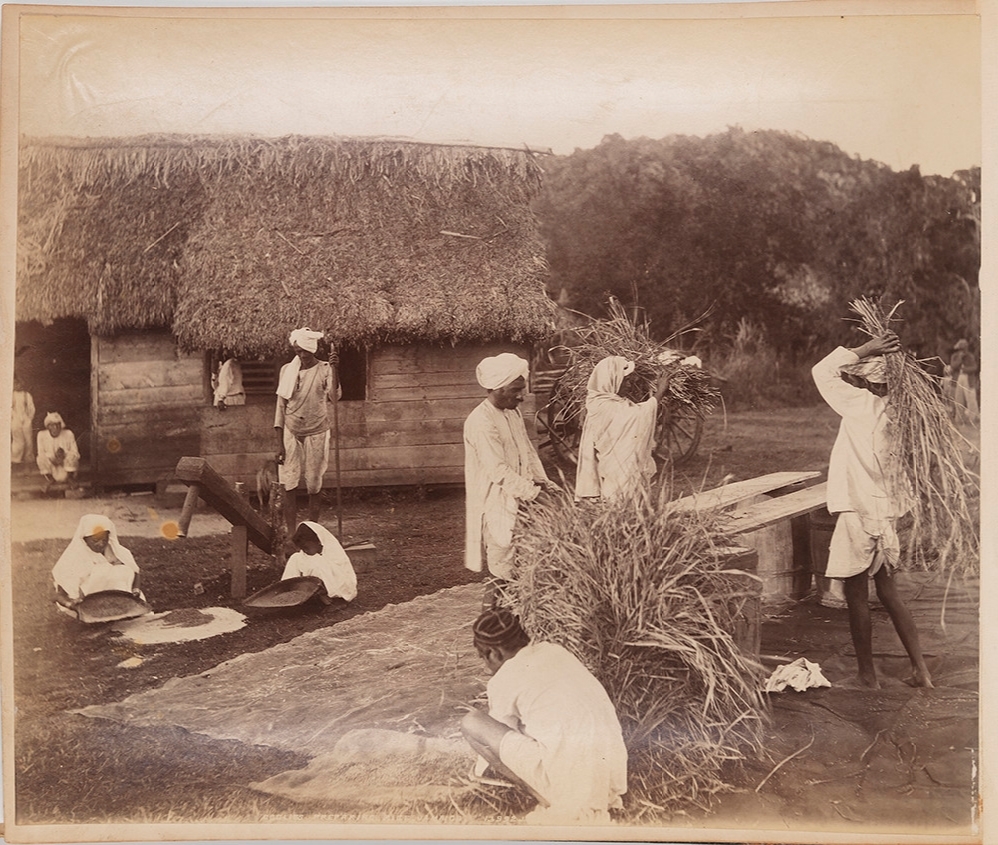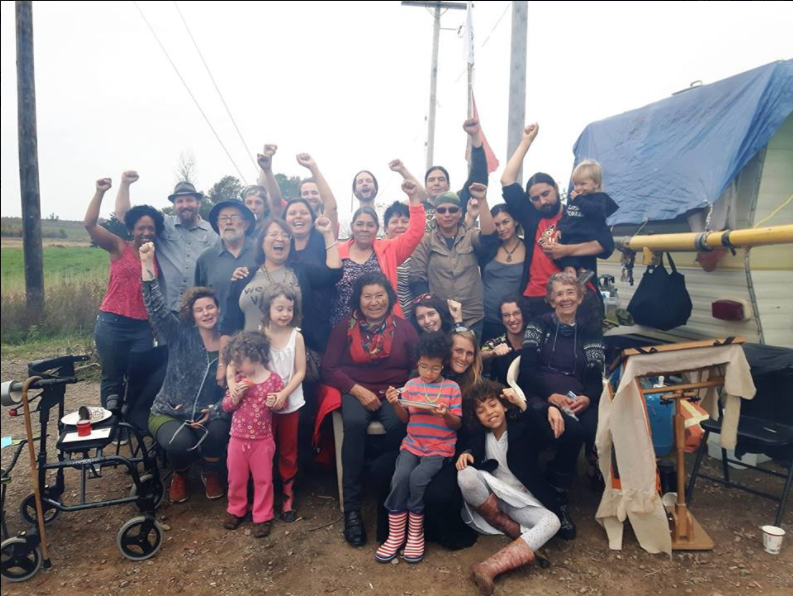Labour Transformation and Ocean Territorialization in the Development of Modern/Colonial Capitalism
How did the transformations of ocean, labour, and capital create a colonial present of ecological catastrophe?
Principal Investigators
Just over two-thirds of Earth is covered in water, and just under two-thirds of the human body is comprised of water. Often treated as a passive medium or reduced to the category of “resource,” water should instead be understood as the universal essence of life on Earth.
This work package critically examines the colonial and onto-epistemic foundations underpinning today’s ecological crisis. It studies how colonial and corporate control of land, water, and labour over the past 200 years has fueled unchecked capitalist production and ecological degradation.
We work through scholarly forms, but we aim to transcend them by elevating the knowledge system of Indigenous and colonized peoples whose perspectives on waters as a diverse place of creation has been rendered “undeveloped” or “traditional” within the framework of Eurocentric, developmental, and racist understanding of linear progress.
The ecological crisis has colonial foundations.
Featured case studies
A. Representations of the ocean during the era of the Asian Indentureship (c. 1838-1917)
This case study will look at Asian indentureship, a so-called “improvement” to slavery, and how this form of labour was used to advance capitalism as we know it today. It will focus specifically on Asian indentureship at sea, explored through archival research in Trinidad and Tobago, and Guyana during the late 19th and early 20th centuries. In this context, the research will examine how the sea was understood and used as an instrument in the development of capitalism, labour, and race. We aim to explore the experiences of those who were indentured and investigate how the dominant Eurocentric view of the ocean—as an object from which to extract resources—became entrenched during the process of colonial world-making.

B. Indigenous Water Governance in Mi’kma’ki
The Indigenous Water Governance project aims to engage, document, and historicize the work of Indigenous water protectors, understanding their distinct environmental justice strategies and the challenges they face. This study involves archival research, oral history interviews, storytelling, and/or theory development. Data emerging from this project remains the property of the Indigenous People from whom it came. Our research team is actively engaging with First Nation partners to validate and refine this agenda, ensuring that our methodologies and narratives respect and amplify Indigenous voices and perspectives.

- “The life, culture, and strength of the Mi’kmaq cannot be separated from the sacredness of water. We embrace our connection to Mother Earth and her lifeblood and our people, and we encourage all to remember that water is precious and that all life depends on it to survive.” (Dorene Bernard, 2017)
